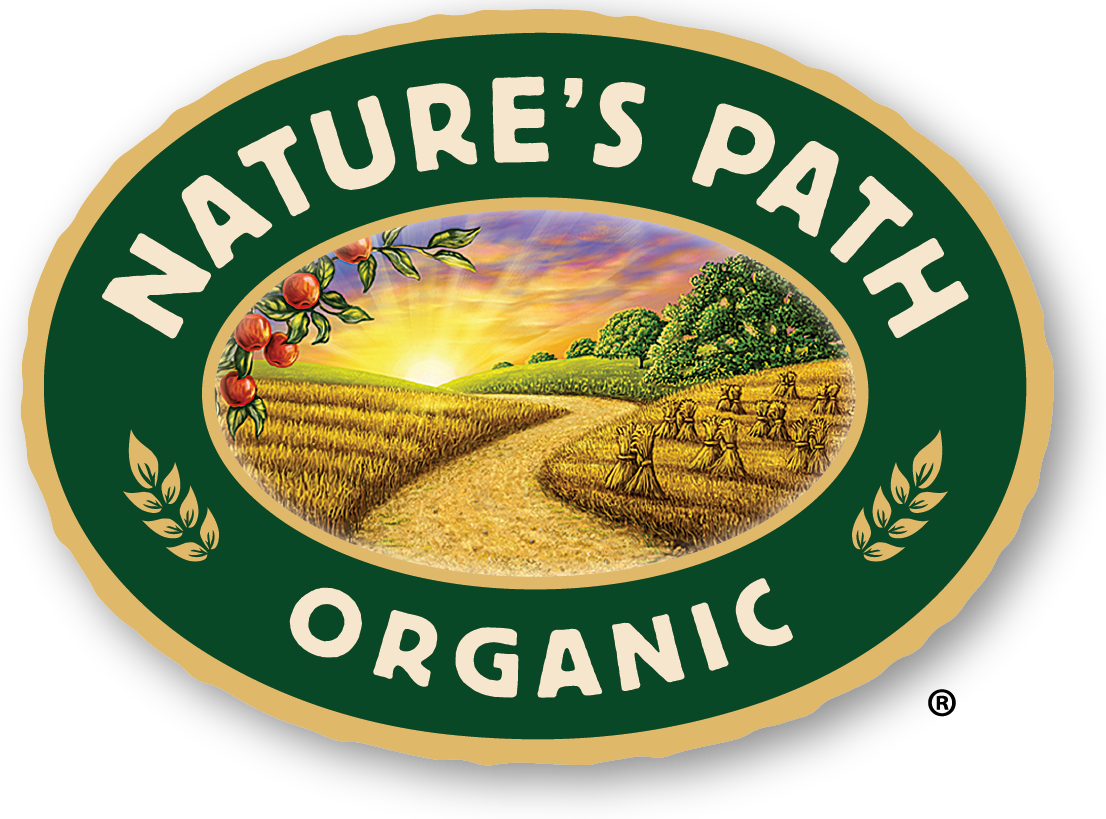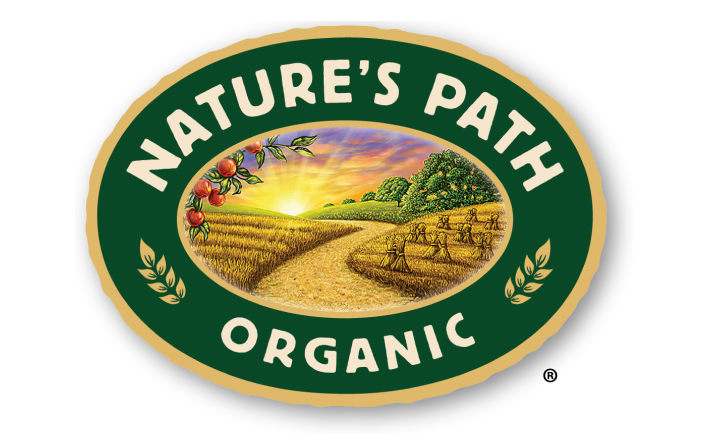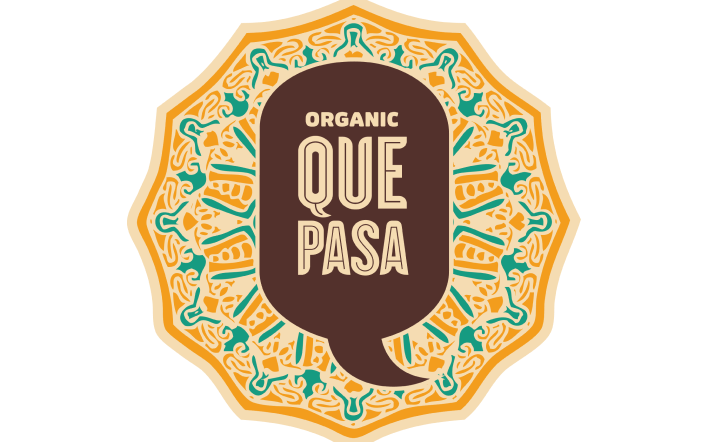
A Guide to Reducing Sugar in Your Diet
Sugar comes in many forms, and not all of them are easy to identify. A little bit of sugar in your morning coffee may not seem like a problem, but the truth is that many people consume way more sugar than they realize. Excess sugar consumption can lead to serious health problems, so do yourself a favor and reduce the sugar in your diet – your future self will thank you for it!
n
Tags:
Sugar comes in many forms, and not all of them are easy to identify. A little bit of sugar in your morning coffee may not seem like a problem, but the truth is that many people consume way more sugar than they realize. Excess sugar consumption can lead to serious health problems, so do yourself a favor and reduce the sugar in your diet – your future self will thank you for it!
Identifying the Many Types of Sugar
The Dangers of Excess Sugar Consumption
According to Healthline, sugar is just as addictive as certain street drugs like cocaine and it has a similar effect on the human brain. Not only does eating too much added sugar increase your daily calorie intake and therefore your risk for obesity, but it can cause some serious damage to your body. Consuming too much sugar has been linked to liver damage, insulin and leptin resistance, metabolic dysfunction, and an increased risk for heart and kidney disease. Excess sugar consumption can also increase your risk of hypertension, type 2 diabetes, and dementia.How Much is Too Much?
Tips for Reducing Sugar Consumption
Reading the nutritional information on a food label will generally tell you how much total sugar is in the product, but keep in mind that this total includes both natural sugars and added sugars. If you want to know how much of the total calorie content comes from sugar, simply take the grams of sugar and multiply by four (each gram of sugar contains 4 calories). Here are some common terms related to sugar that you may see on food labels:- Sugar-Free – Contains less than 0.5g sugar per serving.
- Reduced Sugar (or Less Sugar) – Contains at least 25% less sugar per serving than the traditional version of the product.
- No Added Sugar – Contains no sugars or sugar-containing ingredients.
- Low Sugar – There is no standard definition and this claim is not allowed on food labels.
- Pay closer attention when reading food labels, focusing particularly on the total sugar content.
- Shop for foods that are unsweetened or foods that contain no added sugars.
- When you are baking sweets, cut the amount of sugar called for in the recipe by one-third to one-half.
- When you purchase canned fruit, choose fruits canned in water instead of syrup.
- Use flavor extracts like vanilla or almond extract in baking instead of using added sugar.
- Enhance the flavor of your favorite dishes with natural herbs and spices instead of sweeteners.
- Substitute sugar with some of these healthier alternatives.
- Avoid the temptation to use artificial sweeteners – they can cause many of the same negative effects as sugar, even without the calories.
Would you like to be the first to hear about our new products and more? Sign up for our Nature’s Path Newsletter.








